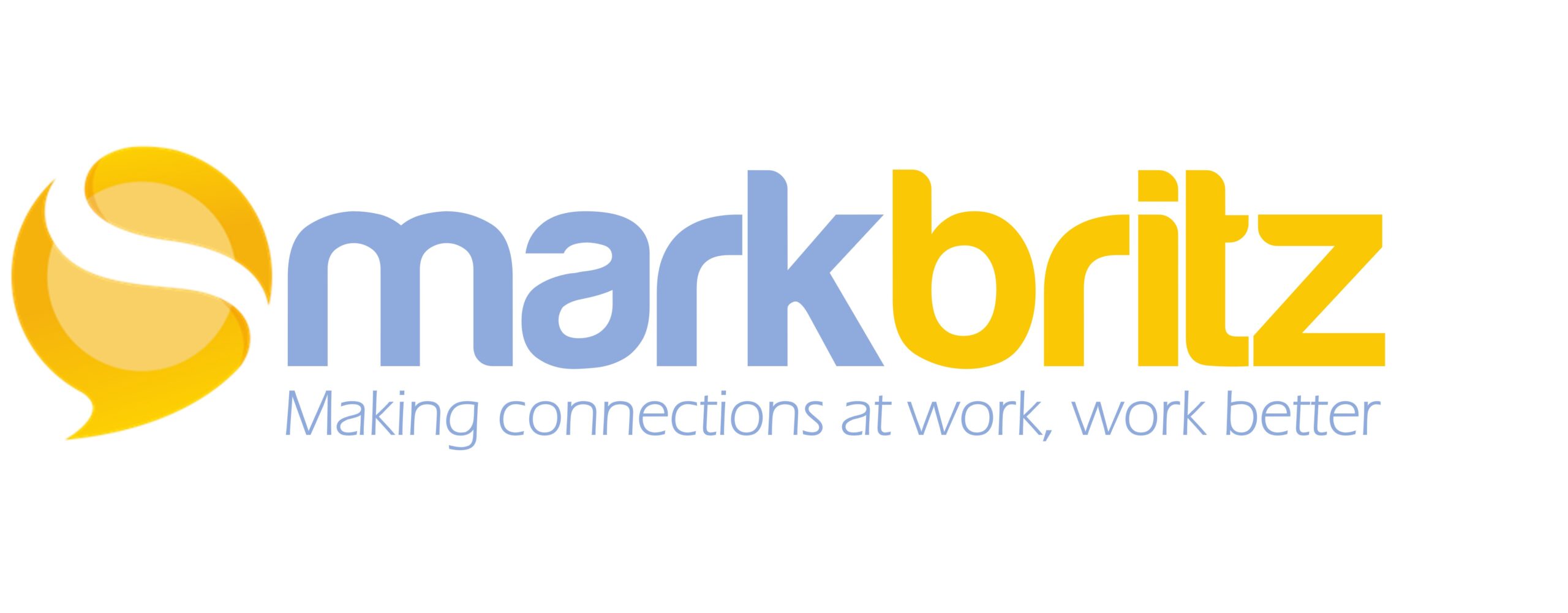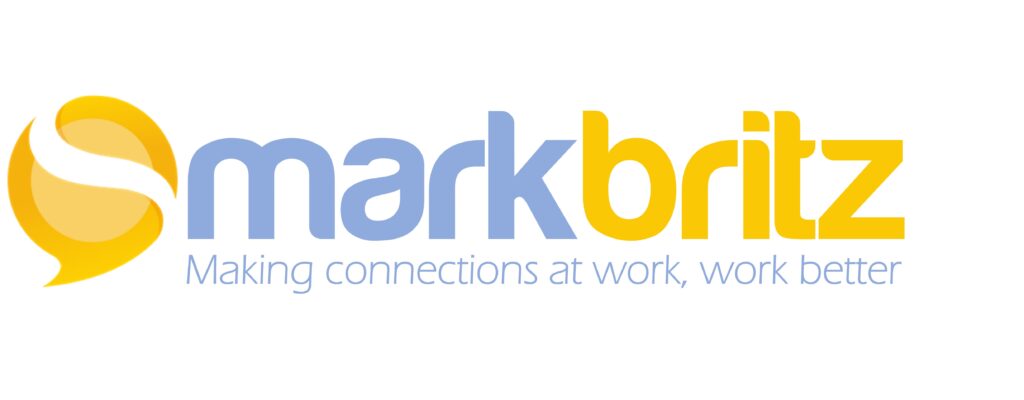Chat platforms like Slack are still the darling social tool of startups. A former colleague of mine working in a small, geographically dispersed startup noted “I can’t imagine work with out it.” The criticism of chat platforms however is that they won’t scale if a company of 20 becomes one of 200. Functionally speaking, this is probably correct. It’s a team tool and typically as an organization grows teams divide and functional groups and departments form. If Slack remains, it’s a get work done tool, not a cross company communication, learning, large-scale collaborating, innovation tool; a tool to help the company remain agile.
However to start by identifying its shortcomings and labeling Chat platforms as the wrong solution long term is missing a huge point. What can scale, because of its use, is attitudes about social tech and it’s value to an organization. A small group is the nucleus of a growing organization and chat platforms help make social activity a part of the company’s day-to-day, not apart from it. This is something that’s very difficult to grasp in large enterprises that try desperately to plug in an ESN after living on email for decades – here, social is perceived as a separate activity from work and it’s typically a long slog to get the tech adopted let alone help adapt or even alter their work.
In today’s chat tool leveraging startups and small enterprises I suspect cultural DNA is being rewired for greater social, so even if chat platform like Slack don’t scale, the attitudes, the belief and the value of social will.
Technology will fade, ideas rarely do.

